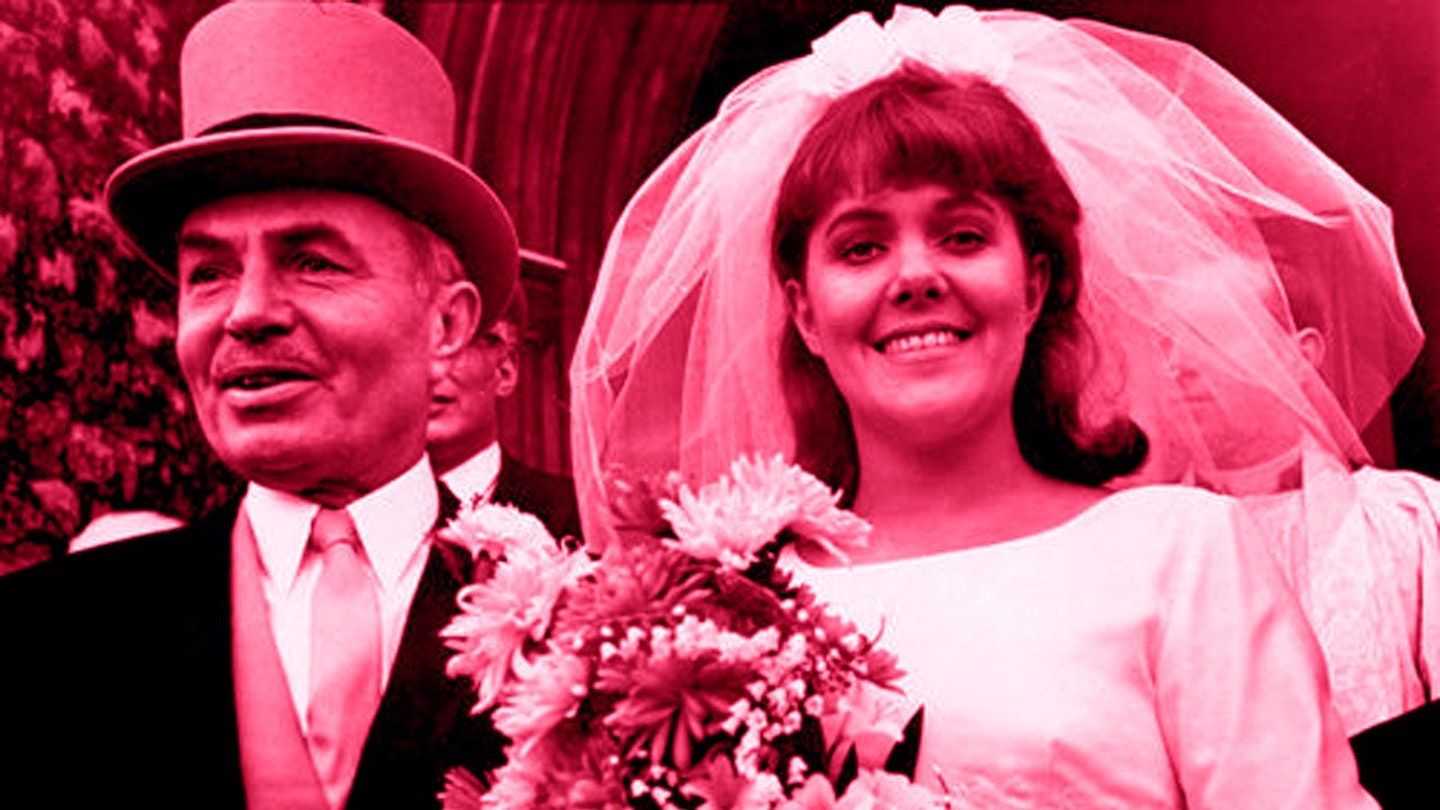Although the swinging London scene has come to represent the popular image of 1960s Britain, the majority of people endured a far more humdrum reality. Everyday life felt more like a Wednesday Play than an Austin Powers picture and this adaptation of Margaret Foster's novel cleverly draws on contemporary movies for its tone.
In many ways, it's the female flip side of Alfie, with Georgy taking a more responsible attitude to relationships, and the suburban counterbalance to Darling, with Georgy similarly caught between an older mentor and a younger suitor who may not be as suitable as he seems. There's even a hint of A Taste of Honey and such tele-dramas as Cathy Come Home and Up the Junction in the story's discussion of gender, class and morality. Yet, James Mason's presence also draws comparisons with Lolita and Spring And Port Wine, with the latter's sense of stern patriarchy recurring in Bill Owen's martinet father.
But, regardless of its myriad influences, Georgy Girl very much has its own character, thanks to Lynn Redgrave's Oscar-nominated performance. Her good-hearted, self-doubting acceptance of everyone else's foibles and failings makes her irresistibly attractive. Yet director Silvio Narizzano never wholly demonises the other members of the central quartet, despite the seediness of Mason's machinations, the delusional hopelessness of Alan Bates's daydreams and the selfish hedonism of Charlotte Rampling's reckless response to the baby that Redgrave ends up rearing as her own.
It may have its roots firmly in the Kitchen Sink tradition, but this also reflects the social aspiration encouraged by Harold Wilson's Labour government. Consequently, it embraces the manners and mores of the celebrity set (the debuting Rampling, for example, was dressed by happening designer, Mary Quant), while also recognising the options that newly emancipated women were becoming less afraid to take. It's certainly a film long overdue reappraisal.
